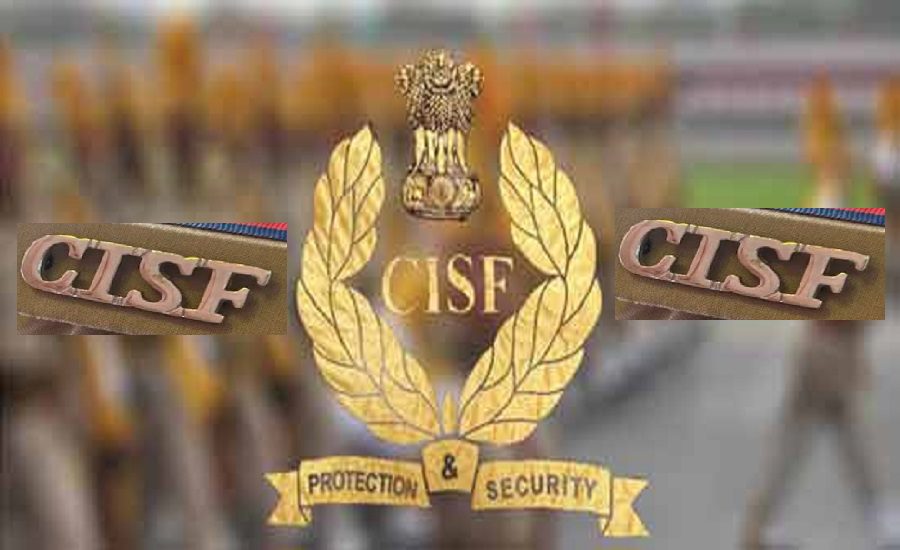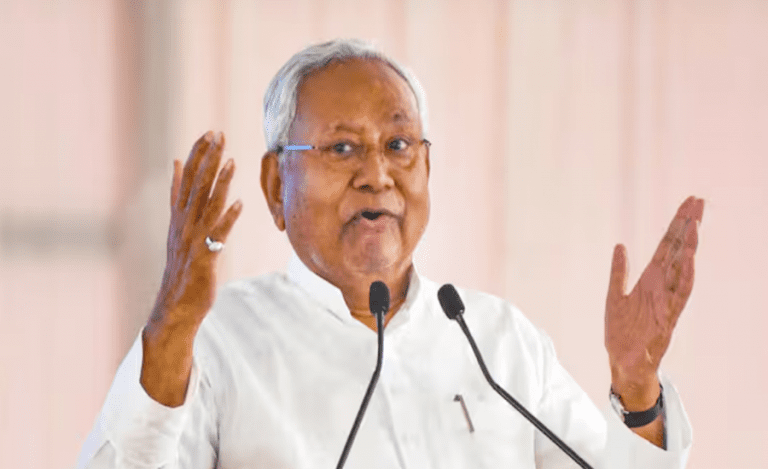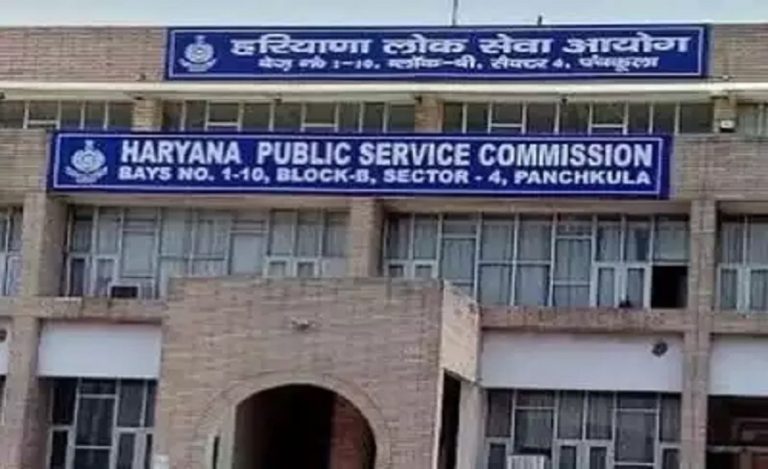New Delhi: In a significant move towards strengthening India’s internal security architecture, the Central Industrial Security Force (CISF) is set to induct 14,000 new personnel each year over the next five years, aiming to expand its total strength to 2.20 lakh jawans. This expansion aligns with the increasing demands of securing critical infrastructure across the nation, including Parliament House, metro networks, airports, industrial units, and strategic installations.
Force Strength to Touch 2.20 Lakh
The number of CISF personnel stood at 1.08 lakh in 2014, which rose to 1.62 lakh in the last decade. The Union Ministry of Home Affairs (MHA) has now formally approved the expansion of the force’s sanctioned strength to 2.20 lakh to meet evolving national security needs.
CISF Now Securing Parliament Complex
One of the major catalysts for this expansion was the security breach involving colored smoke bombs inside Parliament House. In response, the government has entrusted CISF with the responsibility of securing the entire Parliament complex, marking a shift from earlier multi-agency security to a more centralized, specialized model under CISF’s command.
Security for Economic and Strategic Assets
The role of CISF has expanded steadily with India’s economic growth, covering not just public sector undertakings but also private sector units that significantly contribute to the economy. The force now guards nuclear power stations, airports, metro networks, and major industrial hubs – making it one of the most critical arms of India’s internal security.
New Reserve Battalion and Combat Training
To accommodate the growing number of personnel, CISF has also announced the formation of a new reserve battalion. Additionally, in a step that highlights the force’s evolving role, war training has begun for CISF jawans, conducted in collaboration with the Indian Army, especially after the success of Operation Sindoor, a joint counter-threat preparedness initiative.
A Strategic Step Forward
Officials say that this recruitment drive and training expansion are part of a larger modernization plan that includes upgrading equipment, adopting tech-based surveillance systems, and improving rapid response capabilities. With CISF’s dual role of industrial protection and frontline security increasingly relevant, the force’s growth is seen as both timely and necessary.




























